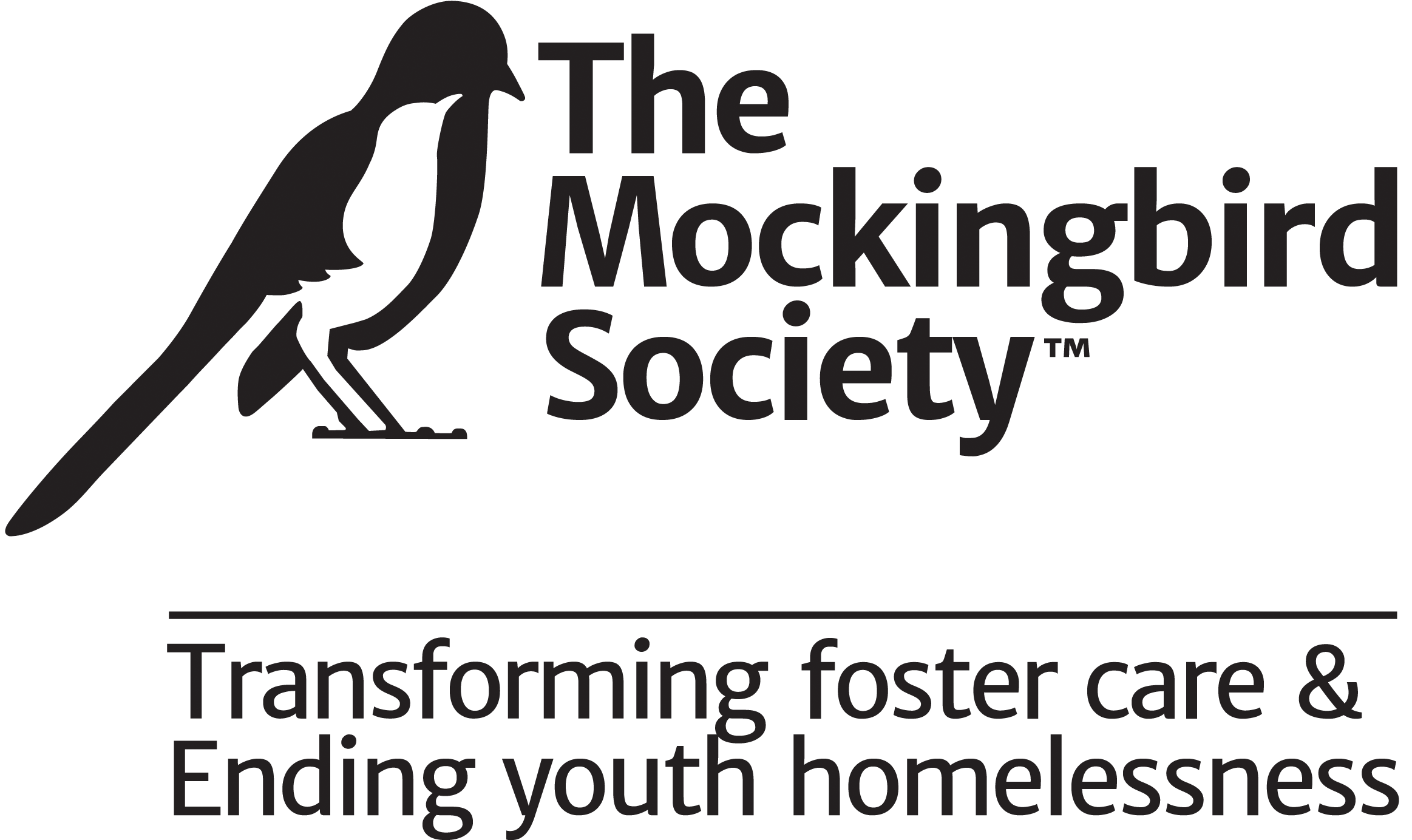
Proposed Changes to WA State Juvenile Justice Records Aren’t Radical or New – They Are Necessary
By Liz Trautman, Policy and Advocacy Director at The Mockingbird Society
Last week, The Seattle Times editorial board published an op-ed urging the Washington State Supreme Court to delay the implementation of changes to General Rule 31 and Criminal Court Rule 2.1 regarding the handling of juvenile records. The Mockingbird Society, along with youth advocates from across our state, advocated for these changes that would eliminate the use of full names of juveniles in the court system and prevent courts from sharing these records online; helping protect the identity of vulnerable youth.
Here's what you need to know about these changes and why we’re urging the Supreme Court to move forward with them:
Sealing juvenile records isn’t enough: The Mockingbird Society has worked on several pieces of legislation designed to strengthen the juvenile record sealing process. However, we have consistently discovered that the goals of record sealing are undermined due to the public dissemination of juvenile records prior to sealing. In the age of the internet, it is extremely difficult to un-ring the bell of publishing juvenile record information online. Young people are told when they seal a record that they may proceed as if no record exists. But if a record has been published online or sold to a third-party background check company, the promise of privacy is a false one that undermines the very premise of sealing a record.
These changes aren’t radical or even “new:” These rule changes do not represent radical new policy and they follow the typical bureaucratic process for such changes, including a four-month public comment period. GR 31 codifies recommendations from the Administrative Office of the Courts’ data dissemination committee. CrR 2.1 extends the practice already in place in appellate proceedings of using initials to identify juveniles. Additionally, it is our understanding that implementation of these court rules is already underway and portions of them are in effect as of this weekend.
Today, The Mockingbird Society sent a letter to the State Supreme Court urging the Court to continue with the planned implementation of this set of court rules designed to strengthen protections for juvenile records.
Youth advocates at The Mockingbird Society have consistently identified our flawed approach to handling juvenile records as a major stumbling block for young people trying to move from youthful mistakes into thriving adulthood. The changes envisioned in GR 31 and CrR 2.1 correct some of those flaws and move us closer to a truly rehabilitative system of juvenile justice.

